|
Johannes
|
CπC: Symposium on Computing π- Conjugated Compounds
"SYMPOSIUM [Greek: συμποσιον] = a convivial meeting, usually following a dinner, for drinking and intellectual conversation"
1. Keep it short! We all have tight time schedule. To be efficient, the symposium starts on Thursday evening (dinner), and ends Saturday after lunch.
2. Enjoy! The Thursday & Friday dinners are essential parts of the symposium. The weekend is thought for further gathering.
3. Keep it small! The symposium is limited to 50 participants and max. 5 people/group).
4. Keep it cheap! The local organizer does everything to keep the symposium cheap. This includes extensive fund raising, use of university facilities (rooms, lunch), personal organization (no catering, no paid organizers), cheap hotel options etc.
5. Think local! 'Wise old man session': The invited speakers are local or regional experts; no special conditions are offered. This keeps things cheap, supports local science cultures and avoids discussion whom to invite...
6. Widen the horizon! 'The experimental challenge': One invited expert is an experimentalist. S/he should be able to 'connect' to theory with the work.
7. Think young! The symposium promotes young scientists with the possibility to present their work in oral or poster contributions.
'Think young' also applies to the organizer, promoting young researchers at the beginning of their independent career for visibility, responsibility, and management experience.
8. Discuss it! 'I-have-nice-results-but-even-more-questions': The talks should include sufficient time for discussion (15+5 for contributing talks, 25 + 5 for invited talks).
If posters are presented, an official poster session of at least 1 h is scheduled. The posters should be accessible during the whole symposium; ideally, the location for coffee breaks coincides with the place where the posters are hanged.
-
Editions
CπC16: Warsaw, Poland, 04.-06.02.2026. Organizer: Silvio Osella.
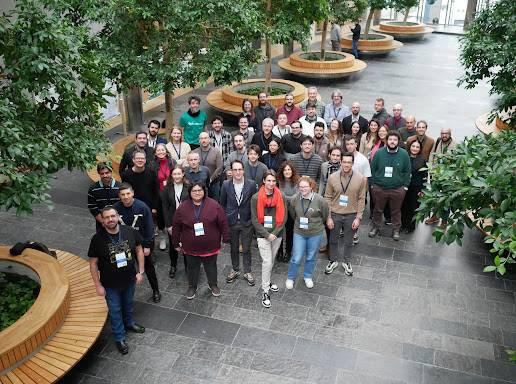
CπC15: Siena, Italy, 06.-08.02.2025. Organizer: Daniele Padula & Samuele Giannini.
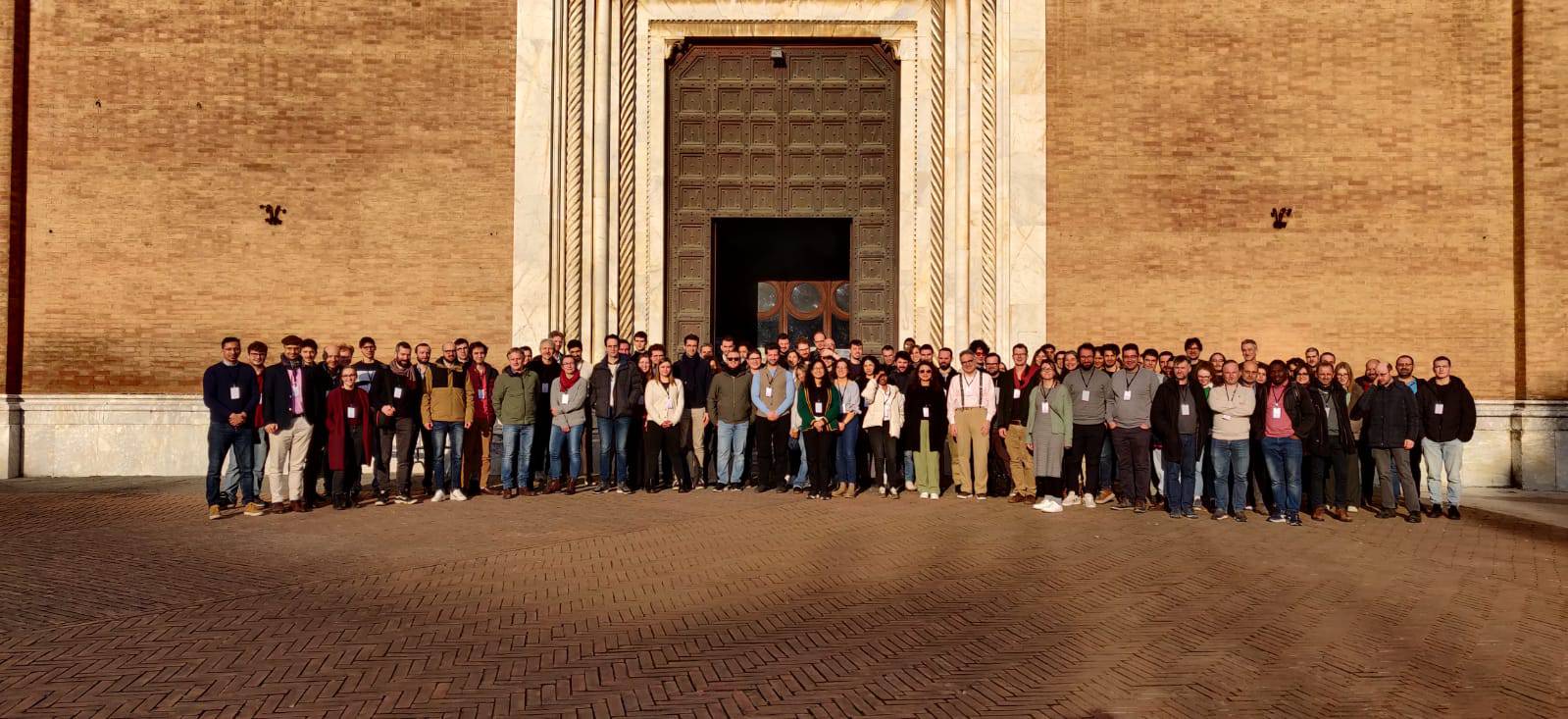
CπC14: Donostia/San Sebasti n, Spain, 08.-09.02.2024. Organizer: Claire Tonnel .
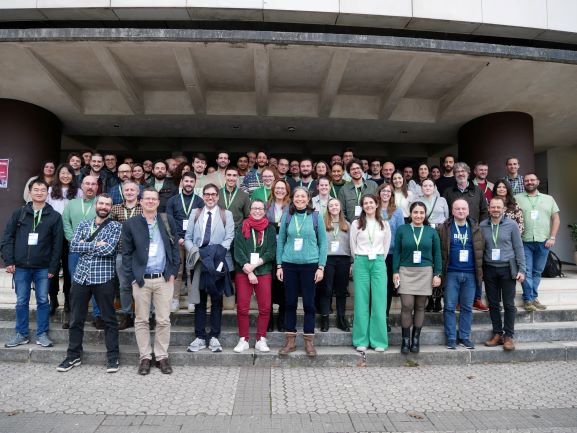
CπC13: Madrid, Spain, 26.-28.01.2023. Organizers: Javier Cerezo & Lara Mart nez-Fern ndez.
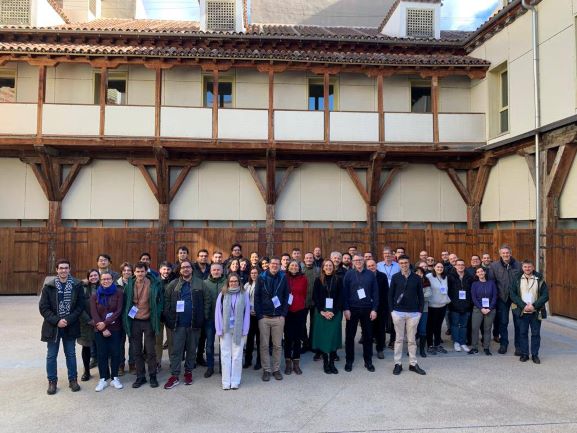
CπC12: Grenoble, France, 12.-14.05.2022. Organizer: Gabriele d'Avino.
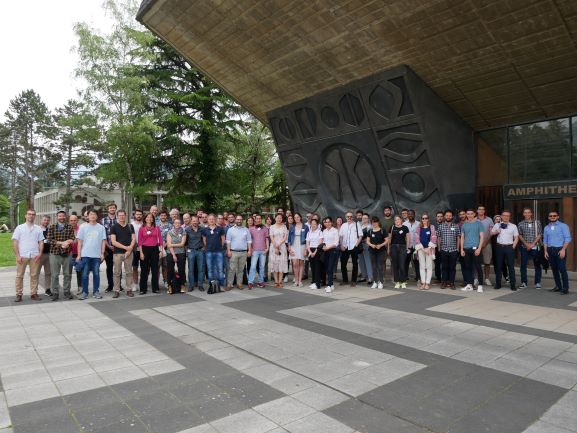
CπC Virtual Edition: 18-20.01.2021. Organizers: Gabriele d'Avino, L. Grisanti, M. Linares, G. Prampolini

CπC11: Zagreb, Croatia, 30.-01.02.2020. Organizer: Luca Grisanti
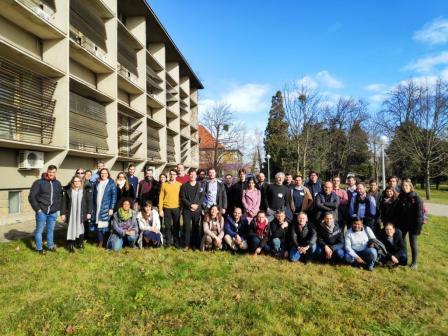
CπC10: Valencia, Spain, 31.-02.02.2019. Organizer: Bego a Mili n Medina & Johannes Gierschner
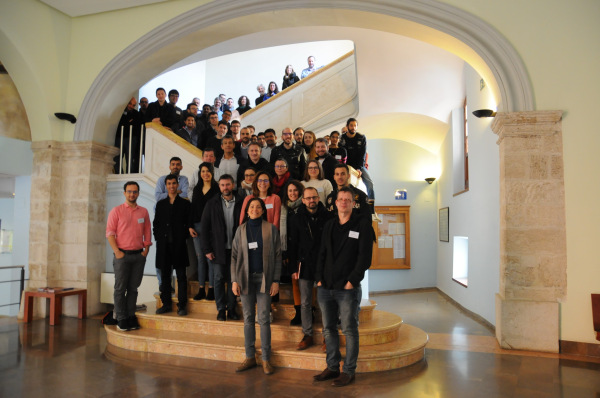
CπC9: Naples, Italy, 17.-19.01.2018. Organizer: Roberto Improta
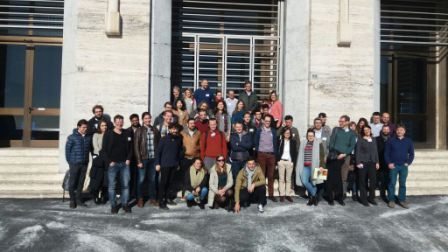
CπC8: Malaga, Spain, 26.-28.01.2017. Organizers: M. Carmen Ruiz Delgado, Juan Carlos Sancho Garcia
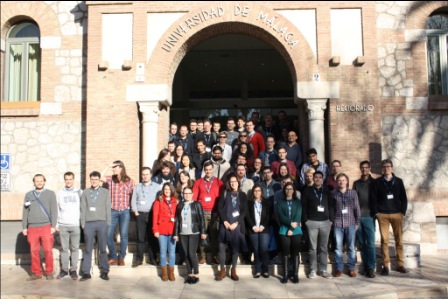
CπC7: Bordeaux, France, 12.-13.02.2016. Organizers: Luca Muccioli, Frederic Castet, Lionel Truflandier
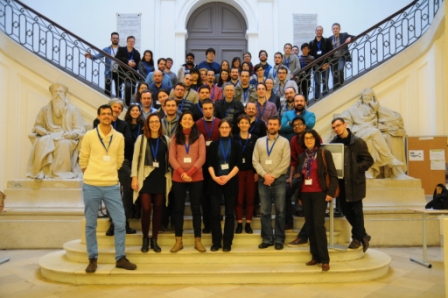
CπC6: Olomouc, Czech Republic, 05.-07.02.2015. Organizers: Michal Otyepka & Karel Berka
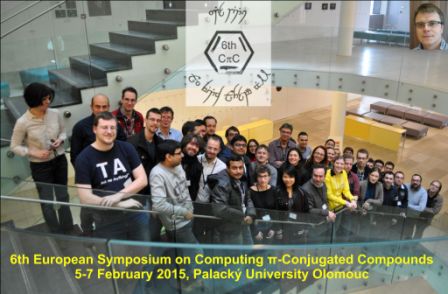
CπC5: Link ping, Sweden, 05.-07.02.2014. Organizer: Mathieu Linares
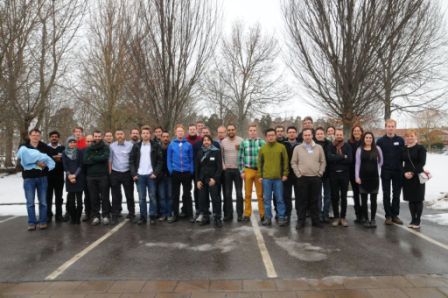
CπC4: Marseille, France, 31.01-02.02.2013. Organizer: Philippe Marsal
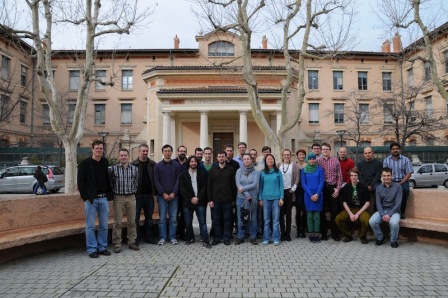
CπC3: Mons, Belgium, 02.-04.02.2012. Organizer: Yoann Olivier
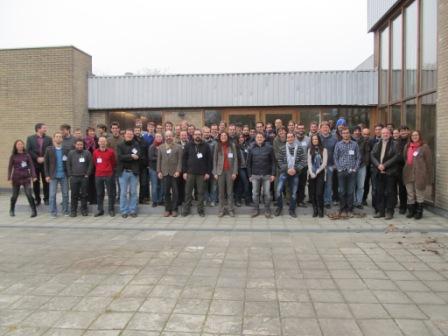
CπC2: Limoges, France, 03.-05.02.2011. Organizer: Patrick Trouillas
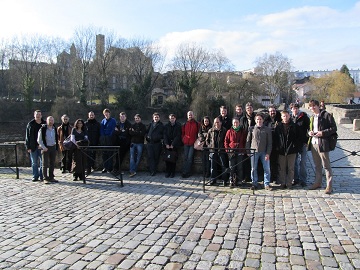
CπC1: Valencia, Spain, 21.-23.01.2010. Organizers: Bego a Mili n-Medina & Johannes Gierschner
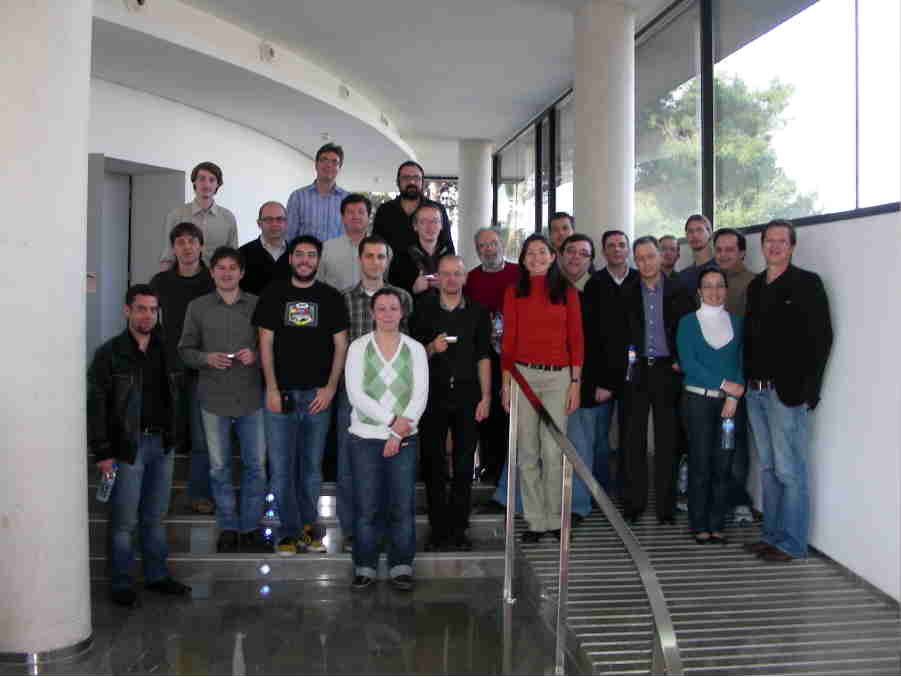
Board Members
Bego a Mili n Medina (University of Valencia, ES)
Johannes Gierschner (IMDEA Nanoscience, Madrid, ES)
Patrick Trouillas (University of Limoges, FR)
Yoann Olivier (University of Mons, BE)
Luca Muccioli (University of Bologna, IT)
Philippe Marsal (University of Marseille, FR)
Juan-Carlos Sancho-Garcia (University of Alicante, ES)
Mathieu Linares (University of Link ping, SE)
Michal Otyepka (University of Olomouc, CZ)
Mari Carmen Ruiz Delgado (University of Malaga, ES)
Roberto Improta (University of Naples, IT)
Fabrizio Santoro (ICCOM-CNR, Pisa, IT)
Frederic Castet (University of Bordeaus, FR)
Luca Grisanti (Ruder Bo kovic Institute, Zagreb, HR)
Giacomo Prampolini (ICCOM-CNR, Pisa, IT)
Gabriele d'Avino (Institut N el CNRS, Grenoble, FR)
Javier Cerezo (Universidad Aut noma Madrid, UAM)
Lara Mart nez-Fern ndez (Universidad Aut noma Madrid, UAM)
Claire Tonnel (DIPC, Donostia/San Sebasti n)